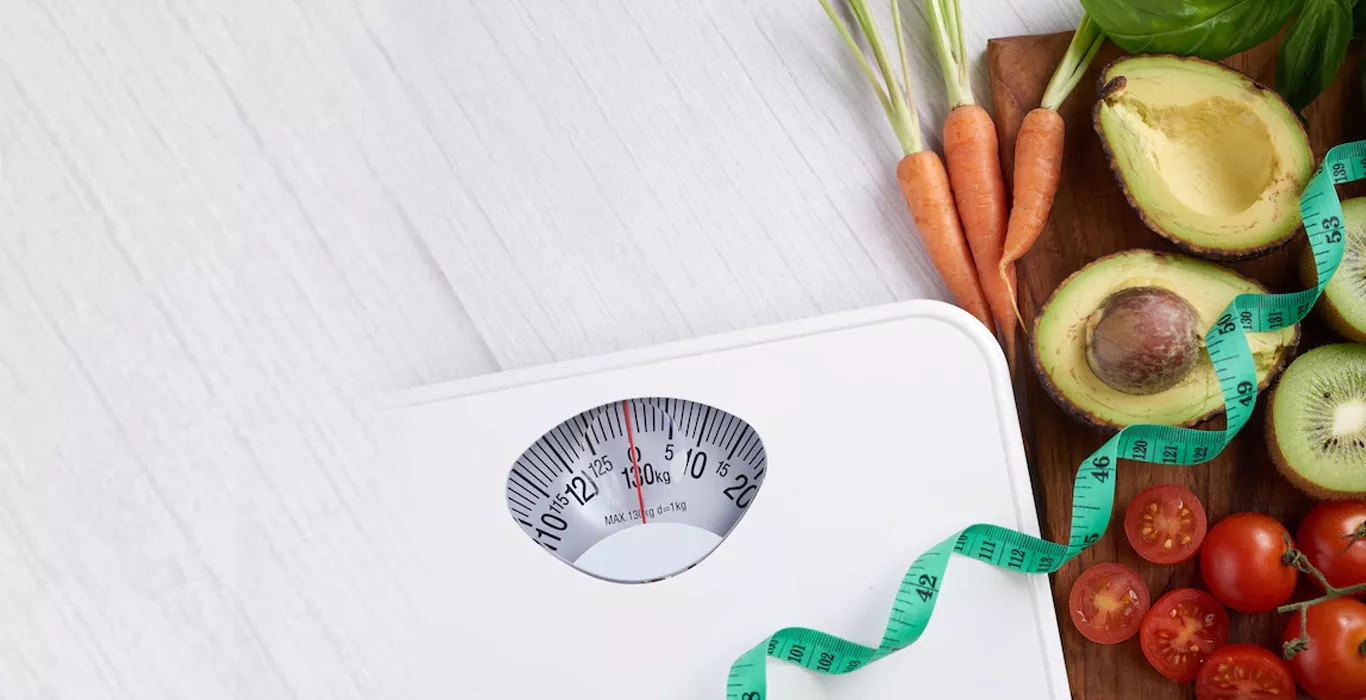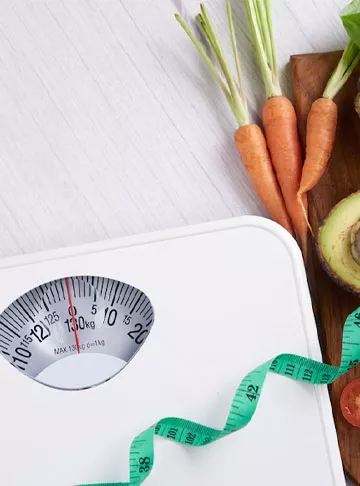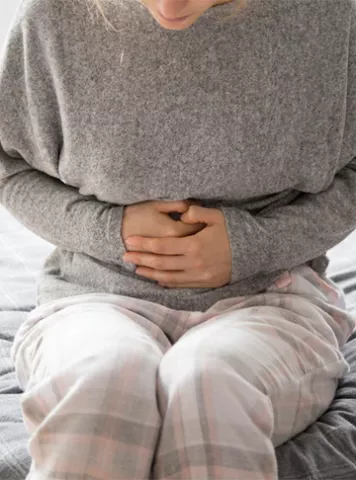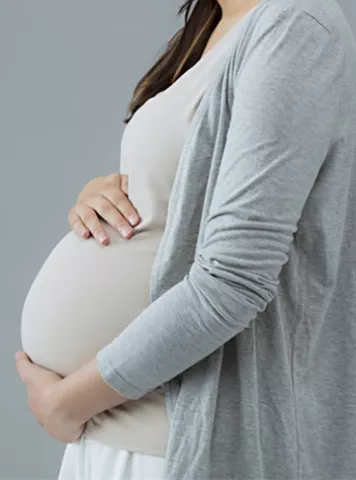Synopsis
How To Lose Those Extra Kilos After an IVF Pregnancy ,Is it Difficult to lose weight after an IVF pregnancy? Indira IVF
Going through an IVF cycle is a trying time for most couples and especially so for the female partner. No matter how supportive the husbands are, it is the wife that bears the brunt of all those gonadotropin injections followed by the dreaded Ovum-pickup and finally culminating into that fateful Embryo Transfer! But even if our brave young ladies manage to sail through all this, there is still the question of long-term sequelae. One such question that I frequently face in my infertility practice is “How do I lose all this extra weight?”. Being an IVF Consultant affiliated to one of India’s leading IVF Centres, INDIRA IVF, I would like to assure all those women battling weight gain post IVF, that it’s not so hard.
Before we come to the methods to lose weight let us first see how and why the weight gain occurs in the first place. We are quick to blame the drugs, but let me tell you that it is seldom the case. The injections that you take daily during your ovarian stimulation most commonly contain recombinant FSH. This miraculous drug works on your ovaries causing most of your follicles to grow simultaneously, a phenomenon we like to call as multi-follicular development.
As a result of this there is a rise in the hormones estrogen and later on progesterone in your body. What these hormones do is that along with helping your follicles grow, they also cause your body to retain salt and water. Consequently a few patients complain about feeling bloated during the stimulation. But the reassuring thing is that it is a temporary symptom. Once your stimulation is over, your hormones come back to normal and eventually you lose all that extra salt and water, as a result of which your weight comes back to normal.
There may be some of you for whom the weight gain is not so easily resolved. To address that, a few confounding variables need to be discussed. Most women tend to avoid exercising during treatment and with good reason. Strenuous exercise along with lifting heavy weights might actually jeopardize your chances of getting pregnant. But here’s what you CAN do, go for a WALK. Seriously walking is the best form of exercise for you, not just during stimulation but even after you get pregnant. Studies have shown that complete bed rest after Embryo Transfer DOES NOT increase the chances of getting pregnant, instead walking for at least one kilometre everyday will not only help in losing weight but also prevent Deep Vein Thrombosis(DVT), a complication that can have dire consequences.
Another factor that is omnipresent in every infertile couple’s life is stress. As doctors, we can only imagine the trials and tribulations of such couples who are ostracized from the society owing to their inability to conceive. To combat this immense psychological stress most women often resort to over-eating. This continues even during treatment and subsequently into the pregnancy as well. Pregnancy in itself is an anabolic state which results in an increase in maternal fat stores to meet the feto-placental and lactational requirements later on. This physiological weight gain during pregnancy is sometimes confused with that due to the IVF treatment. To avoid excessive weight gain during pregnancy it is advisable to follow a balanced diet rich in micro-nutrients and avoid unhealthy snacking on high-calorie, sugar-rich food items.
Weight gain can also be aggravated by the underlying cause of infertility, for example, Polycystic Ovarian Syndrome(PCOS). The main culprit causing weight gain in this case is insulin resistance. Exercise and careful diet planning would help in achieving your ideal weight before going into IVF and would also increase your chances of getting pregnant. Losing weight decreases the insulin resistance and makes the body more responsive to the treatment.
Very rarely a woman might gain weight very rapidly during ovarian stimulation because of a complication known as Ovarian Hyperstimulation Syndrome(OHSS). Fortunately most women experience only the mild form of this which includes symptoms like mild abdominal pain, nausea and slight weight gain. But in moderate to severe cases there might be excessive weight gain(greater than 2 pounds per day.). If this occurs, it must be reported to your doctor at the earliest. To prevent this, it is important to maintain adequate hydration and follow a high-protein diet.
In conclusion, I would say that the weight gain from the IVF process itself is very slight and reverses post treatment. To avoid gaining excessive weight during pregnancy, it is advisable to follow a balanced diet but without extreme caloric restriction as that would hamper fetal growth. Finally, IVF is the most effective weapon in our arsenal to fight against infertility. For over four decades, it has helped countless infertile couples realize their dream of parenthood. So it is easy to say that for most people the benefits of IVF far outweigh the inconvenience of weight gain if at all it occurs.
Comments
Articles
2023
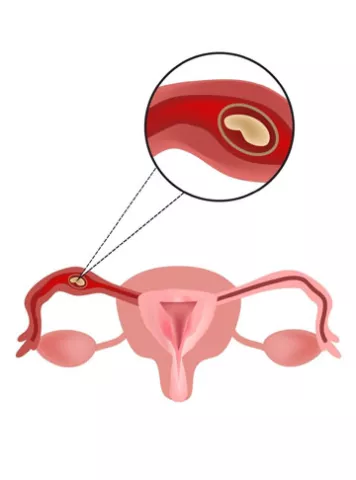

Guide to infertility treatments IVF
एक्टोपिक प्रेगनेंसी के लक्षण, कारण और इलाज
प्रेगनेंसी की खबर महिला को का�...
2023


IVF Guide to infertility treatments
टेस्ट ट्यूब बेबी का खर्च कितना आता है (What is the test tube baby cost in hindi)
पिछले कुछ वर्षों में टेस्ट ट्�...
2023


What Causes High Estrogen in Women
Estrogen is a very important hormone in a female’s body. It is especially ne...
2023


How early can a pregnancy be detected in IVF?
The happy news of pregnancy arrives after the successful completion of the fer...
2022


Guide to infertility treatments IVF
थाइरायड असंतुलन के कारण हो सकती है निःसंतानता, आईवीएफ से कैसे हो सकता है।
पिछले कुछ वर्षों में थायराइड �...
2022


पुरूष निःसंतानता का एक कारण वेरिकोसिल आधुनिक तकनीकों से संभव है पिता बनना
पुरूष निःसंतानता शब्द कुछ सा�...
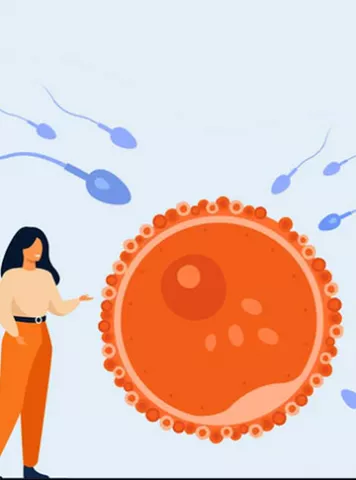

गर्भधारण के लिए कितनी होनी चाहिए शुक्राणुओं की संख्या
निःसंतानता एक ऐसी समस्या बनत�...
2022
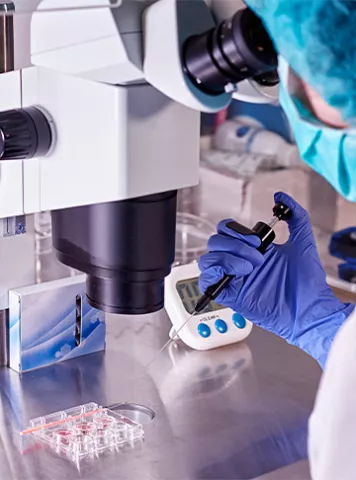

क्या है आईवीएफ डिटेल में जानिए, आईवीएफ में कैसे होता है गर्भधारण
समय के साथ हमारी प्राथमिकताओ�...
Tools to help you plan better
Get quick understanding of your fertility cycle and accordingly make a schedule to track it

